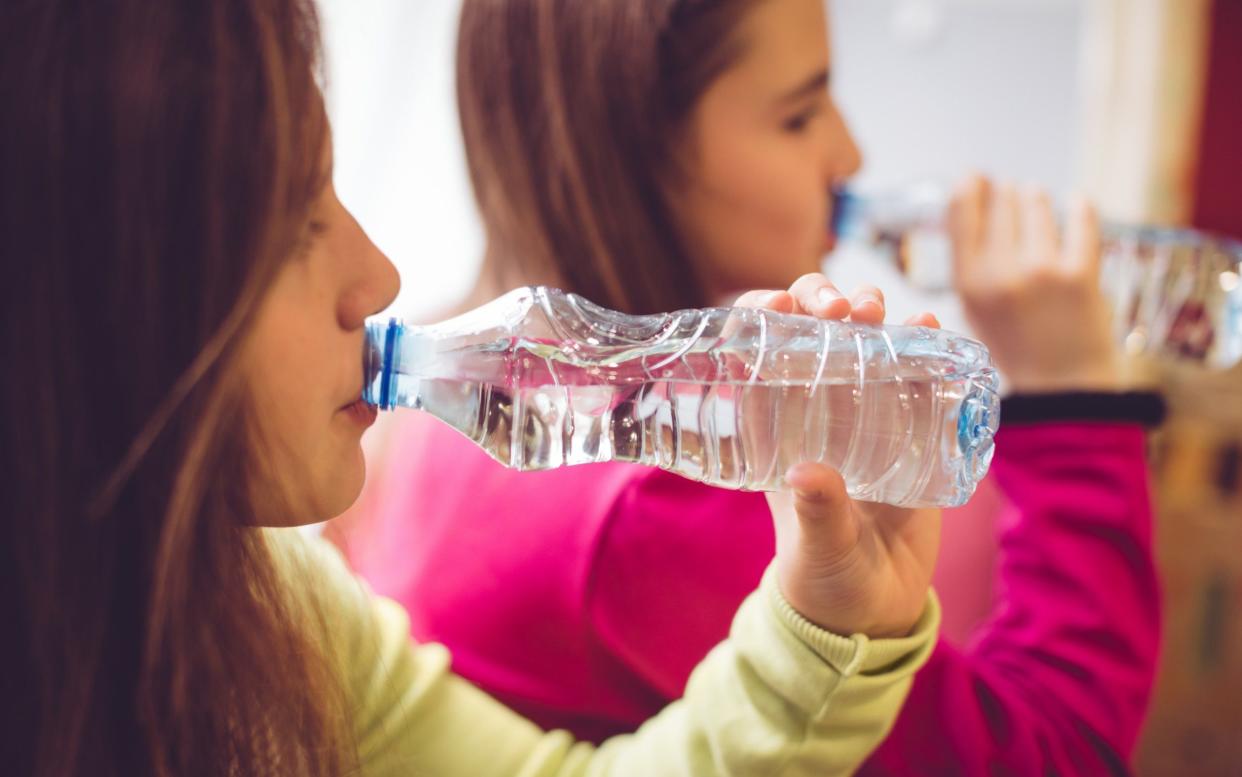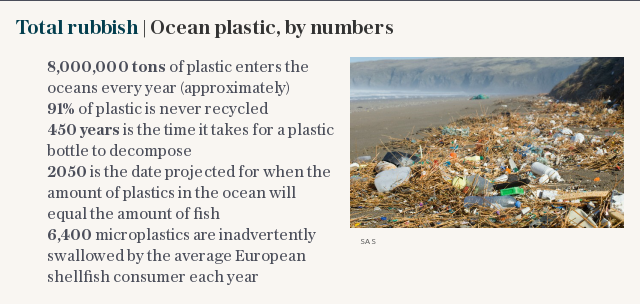Plastic found in most bottled water, triggering World Health Organisation review

The World Health Organisation (WHO) is launching a plastic health review after nearly every branded bottle of water tested in the largest investigation of its kind contained tiny particles of the material.
Scientists who carried out the examination of more that 250 bottles from nine countries said their analysis found plastic “in bottle after bottle and brand after brand”.
The tests, which were conducted at the State University of New York in Fredonia, found that there were typically 10 plastic particles per litre of bottled water. Each particle is larger than the width of a human hair.
Now the WHO is set to assess the research into the impact of so-called microplastics. The alarming findings came from research led by journalism organisation Orb Media.
There is no evidence that consuming such small particles of plastic has any ill health effects, but it comes at a time of heightened international concern of plastic pollution and the effect it is having on the environment.

Sherri Mason, a professor of chemistry at the university, said the results were “not catastrophic”, but said the numbers experts were seeing were “concerning”.
She said: "We found [plastic] in bottle after bottle and brand after brand. It's not about pointing fingers at particular brands; it's really showing that this is everywhere, that plastic has become such a pervasive material in our society, and it’s pervading water - all of these products that we consume at a very basic level."
The researchers recorded all their purchases on video to prove there was no contamination. A dye called Nile Red was then added to each bottled sample, as it sticks to pieces of plastic and makes them easily identifiable as particular types of polymer.
The process was praised by Government consultants as being “well conducted” research. Just 17 of the 259 bottles of water sampled was found to have no evidence of plastic.

Bruce Gordon, from the WHO, told the BBC: "When we think about the composition of the plastic, whether there might be toxins in it, to what extent they might carry harmful constituents, what actually the particles might do in the body – there's just not the research there to tell us.
"We normally have a 'safe' limit but to have a safe limit, to define that, we need to understand if these things are dangerous, and if they occur in water at concentrations that are dangerous."
Companies contacted by the BBC insisted their products met the highest standards for safety and quality. The bottles were sourced from countries including Mexico, India, Germany and Brazil.


